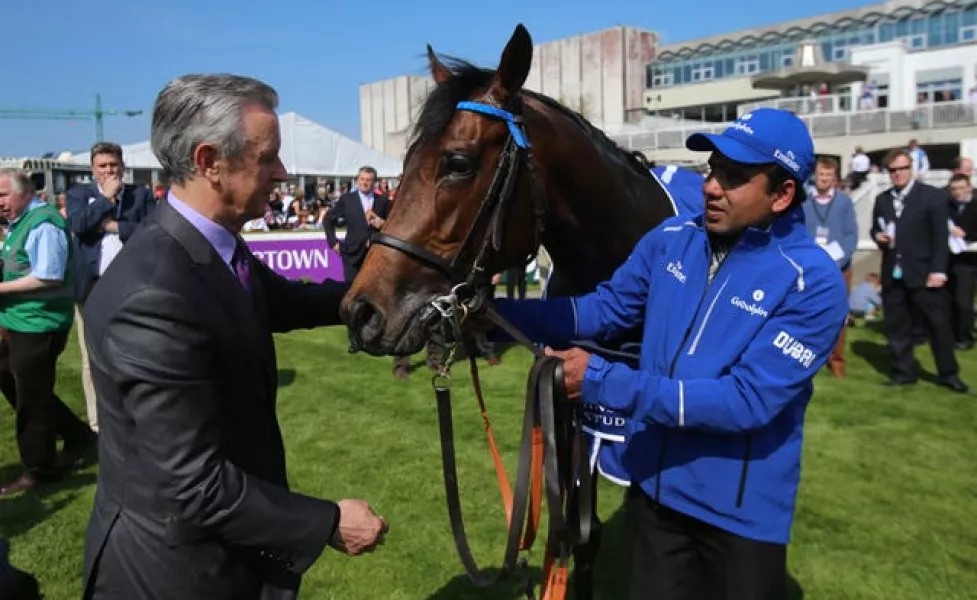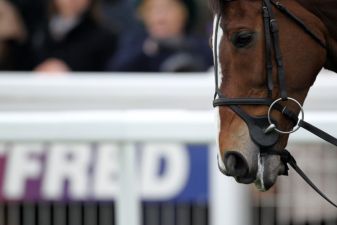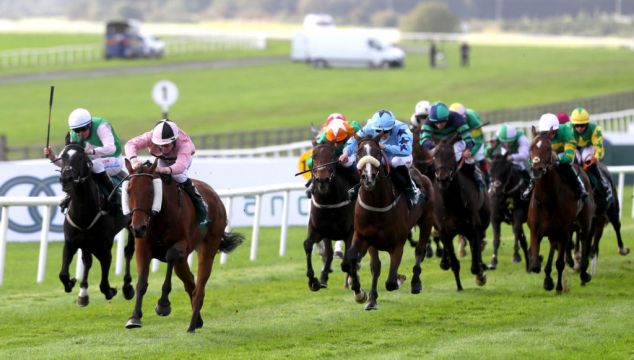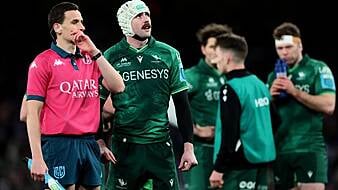A report into horse racing in Ireland has found no evidence that doping regulations fall below international standards.
The report, by the Oireachtas Agriculture committee, was prompted by allegations from star trainer Jim Bolger that drugs are Irish racing’s number one problem.
It makes 11 recommendations, including that all favourites and those who finish in the top five of any race face mandatory testing using hair samples.
It also calls for a review of the composition of the Irish Horseracing Regulatory Board, to address concerns over a lack of independent membership and gender balance.
The report, drafted by officials on behalf of Agriculture Committee chair Jackie Cahill, calls on the IHRB to follow governance structures in the United States.
Mr Cahill said: “We’re happy that the testing standards in Irish racing are of the highest possible international standards.
“There was a lot of comments in the media and to restore public confidence, we felt that transparency was very important. That is coming out clearly in this report.
“The IHRB, there’s no question that they’re doing the testing to the highest possible standards.
“But to meet the modern criteria that’s there, I think greater transparency was needed. That’s where a lot of our recommendations are coming from.”
“At no stage was there any evidence found that the testing regulations in Ireland were anything but the highest possible international standards” he added.
Mr Bolger, who first raised concerns about doping in the sport, did not appear before the Committee to give evidence during the research of the report.
Mr Cahill said the recommendations in the report will give “100 per cent confidence” to the public that the highest standards of doping testing are employed in Ireland.
Random testing
Along with mandatory hair sampling of all favourites and top five finishers after each race, it also calls for facilities to allow for random testing to take place.
“For the public out there, whether it’s for the betting public or the general public, to ensure that that this kind of comprehensive testing will ensure that that everyone is fully convinced that there can be no wrongdoing involved in horse racing in Ireland,” Mr Cahill said at the report’s launch on Tuesday.
He added: “I think this recommendation would be a comprehensive testing post-race, will give the public 100% confidence that the highest standards are being employed and that there is a very comprehensive testing regime in place.”
The report also calls for greater transparency on the wage structure at IHRB.
Board members had declined requests to reveal their salaries at committee hearings investigating the claims made by Mr Bolger.

Mr Cahill said it was appropriate the salaries are made public, given that IHRB is a publicly funded body.
He said the allegations about Irish racing had damaged the sport, and called on Agriculture Minister Charlie McConalogue to implement the recommendations as soon as possible.

He said: “The comments that appeared in the media did do reputational damage to the sport. There’s no point in me denying that and that was the basis of why we initiated this report.
“I think these changes to bring transparency to the IHRB would do would do an awful lot in restoring that public confidence.
“I would hope that the minister would set about implementing our recommendations as quickly as possible.”







